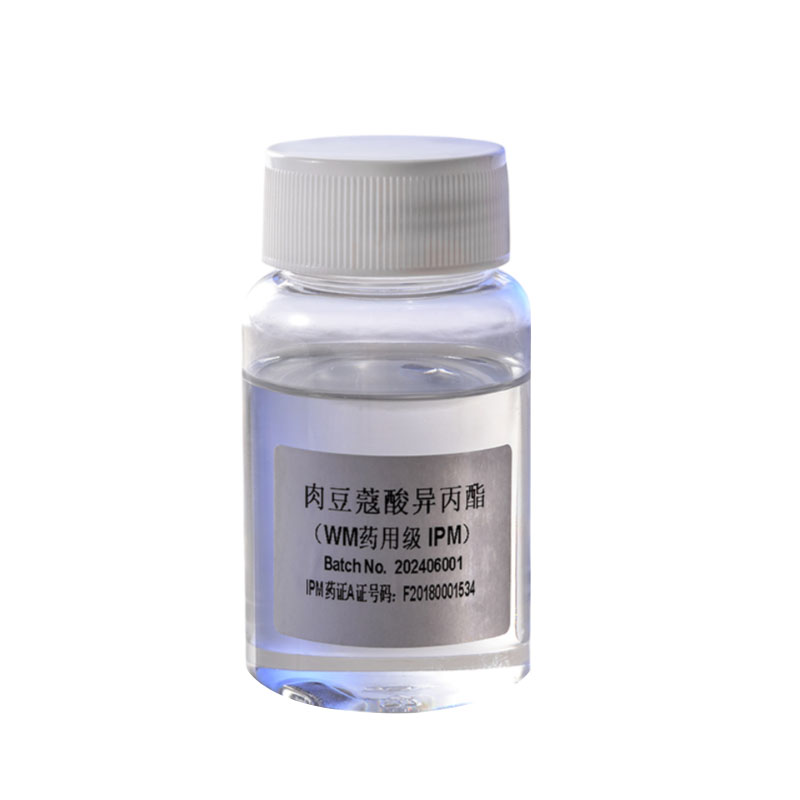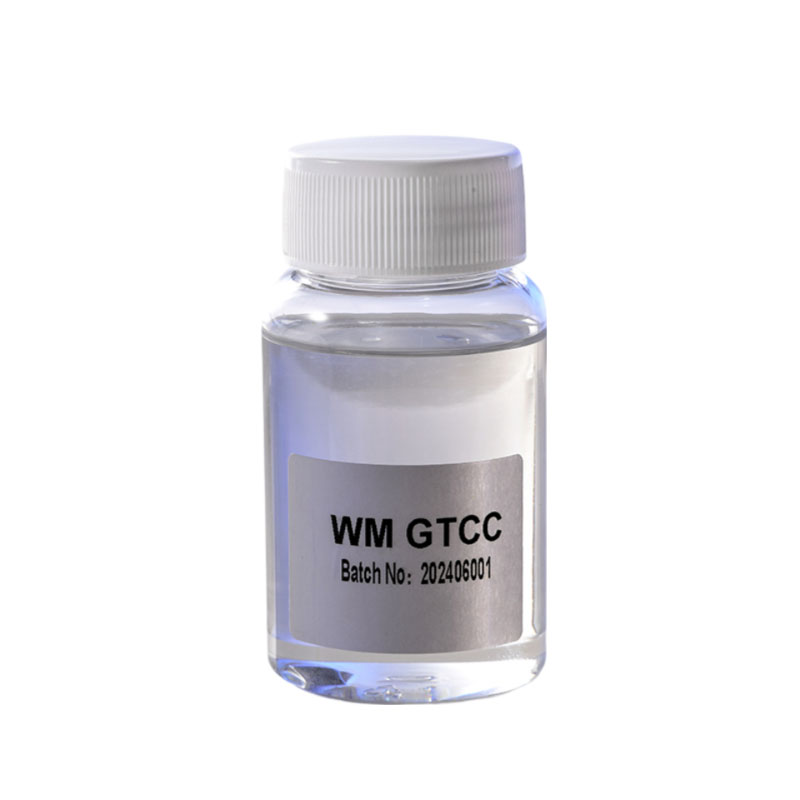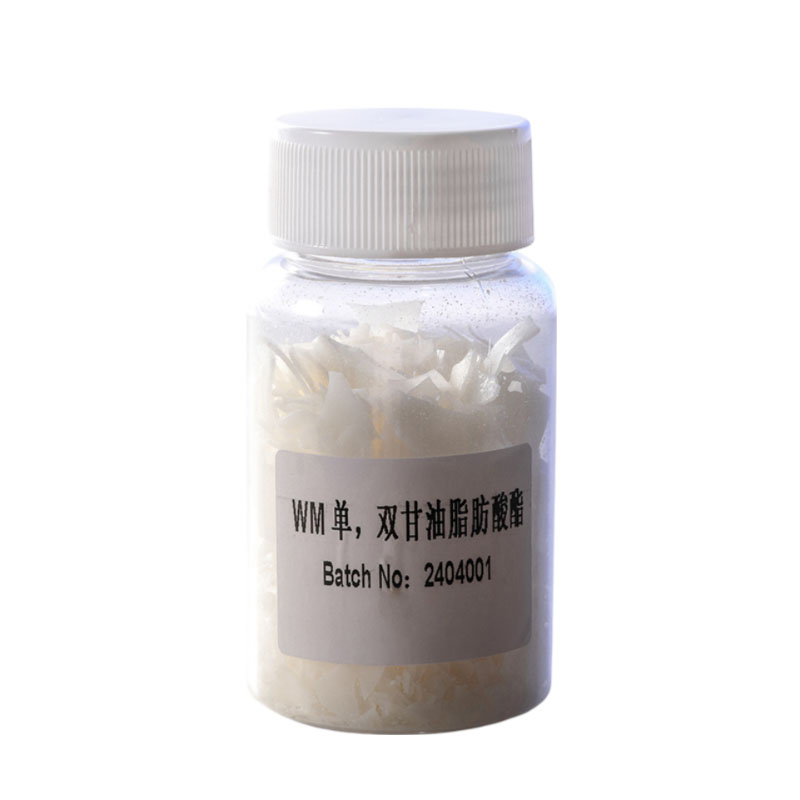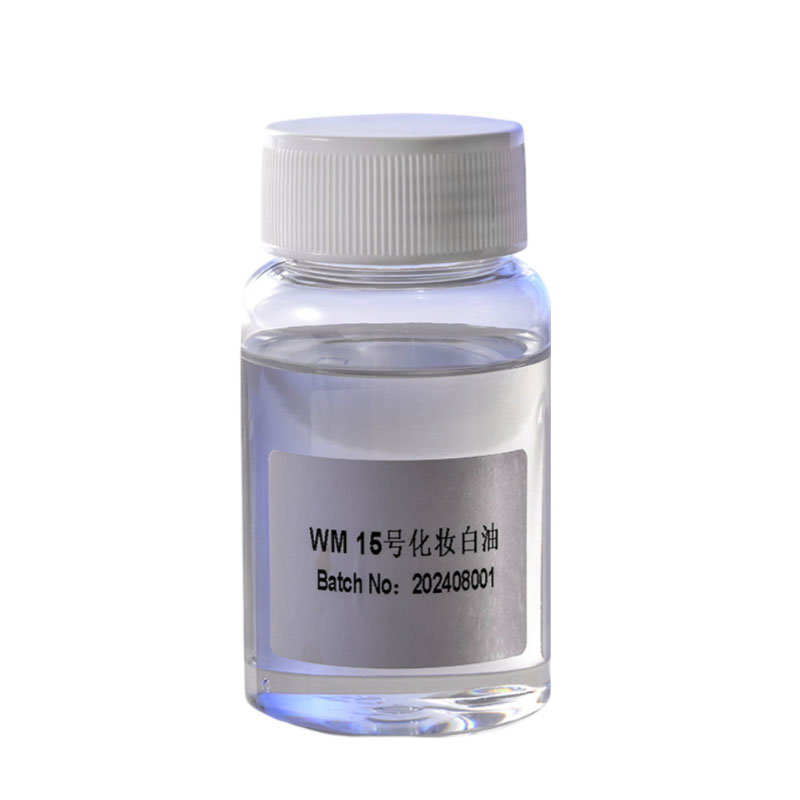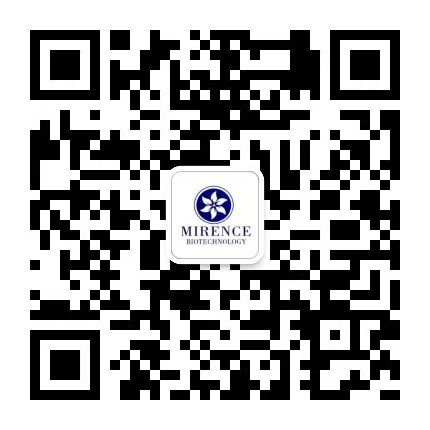Why has the cosmetic-grade ingredient GTCC become a stable carrier favored by formulators for sensitive skin?
Release Time : 2025-10-20
In today's skincare market, demand for products tailored to sensitive skin continues to grow. Consumers expect products that effectively repair the skin barrier and alleviate redness and dryness without causing irritation, acne, or allergic reactions. Therefore, formulators exercise extreme caution when selecting base oils and active ingredient carriers—they must combine high safety, hypoallergenicity, excellent stability, and superior skin feel. Among numerous plant oils and synthetic esters, cosmetic-grade caprylic/capric triglyceride (GTCC), due to its unique chemical structure and physical properties, has become one of the "gold standard" carriers for sensitive skin formulations.
1. Pure Molecular Structure and High Biocompatibility
GTCC is a triester compound formed by the esterification of C8 and C10 medium-chain fatty acids with glycerol. These medium-chain fatty acids are derived from natural coconut oil or palm kernel oil and refined through purification and re-esterification. Its moderate molecular weight, regular structure, and lack of long-chain unsaturated fatty acids eliminate the risks of oxidation and allergy. More importantly, GTCC is not easily degraded by microorganisms on the skin's surface to produce irritating metabolites. Its composition is similar to that of human sebum, resulting in excellent biocompatibility and inertness. Clinical testing has shown that GTCC is non-irritating and non-sensitizing to skin and mucous membranes. Having passed multiple international safety certifications, it is ideal for use in highly sensitive applications such as facial serums, eye creams, infant care, and post-operative repair.
2. Excellent oxidative stability ensures long-term formula safety
Sensitive skin products require extremely high raw material stability. Oxidative deterioration not only causes discoloration and odor, but can also generate free radicals or peroxides, further damaging delicate skin. GTCC, with its lack of double bonds, boasts antioxidant properties far exceeding those of common vegetable oils such as olive oil, jojoba oil, and grapeseed oil. It resists rancidity even under high temperatures, light, and prolonged storage. This property makes GTCC an ideal solvent and protective carrier for active ingredients. It effectively isolates oxygen, delays the degradation of active ingredients, ensures product efficacy and safety throughout its shelf life, and reduces the risk of skin discomfort caused by deterioration.
3. Lightweight Skin Feel, Avoiding Weight and Clogging
Many traditional plant oils, while nourishing, are heavy and lack spreadability, which can easily cause acne or a "slippery" feel, making them a turnoff for those with sensitive skin. GTCC, on the other hand, has extremely low viscosity and excellent spreadability. It spreads quickly upon application and absorbs quickly, leaving no oily film, delivering a silky, matte, and refreshing finish. This "smooth yet non-greasy" property makes it widely used in lightweight formulas such as lotions, gels, cushions, and sunscreens. It provides essential moisturization without adding burden to the skin, making it particularly suitable for those with combination, oily, and sensitive skin prone to acne.
4. Highly Effective Penetration Enhancement, Boosting Active Ingredient Utilization
GTCC is not only an inert carrier but also a transdermal enhancer. Its small molecular structure can temporarily alter the lipid arrangement in the stratum corneum, helping fat-soluble active ingredients penetrate the skin barrier more smoothly and improving absorption efficiency. Studies have shown that adding GTCC to formulas containing whitening or anti-aging ingredients significantly enhances the skin deposition of the active ingredients, thereby improving product efficacy. GTCC also possesses inherent occlusive and emollient properties, forming a breathable protective film on the skin's surface, reducing transepidermal water loss and assisting in repairing a damaged skin barrier—a core goal of sensitive skin care.
5. Strong Compatibility, Suitable for Various Formulation Systems
GTCC exhibits excellent compatibility with most cosmetic ingredients and can be easily incorporated into various formulations, including oil-in-water and water-in-oil emulsions, anhydrous creams, and sprays. It can also serve as an environmentally friendly alternative to silicone oils, providing a similar smooth feel without the risk of environmental accumulation. Furthermore, GTCC is colorless and odorless, and will not interfere with fragrance systems or affect product appearance, making it an ideal choice for high-end, pure, and minimalist formulations.
In summary, cosmetic-grade GTCC is the preferred stabilizing carrier for sensitive skin formulators due to its multiple advantages: high purity, low irritation, strong stability, excellent skin feel, and enhanced penetration. It not only ensures product safety and effectiveness but also enhances the user experience, truly achieving the perfect balance between "gentle repair" and "efficient delivery."
1. Pure Molecular Structure and High Biocompatibility
GTCC is a triester compound formed by the esterification of C8 and C10 medium-chain fatty acids with glycerol. These medium-chain fatty acids are derived from natural coconut oil or palm kernel oil and refined through purification and re-esterification. Its moderate molecular weight, regular structure, and lack of long-chain unsaturated fatty acids eliminate the risks of oxidation and allergy. More importantly, GTCC is not easily degraded by microorganisms on the skin's surface to produce irritating metabolites. Its composition is similar to that of human sebum, resulting in excellent biocompatibility and inertness. Clinical testing has shown that GTCC is non-irritating and non-sensitizing to skin and mucous membranes. Having passed multiple international safety certifications, it is ideal for use in highly sensitive applications such as facial serums, eye creams, infant care, and post-operative repair.
2. Excellent oxidative stability ensures long-term formula safety
Sensitive skin products require extremely high raw material stability. Oxidative deterioration not only causes discoloration and odor, but can also generate free radicals or peroxides, further damaging delicate skin. GTCC, with its lack of double bonds, boasts antioxidant properties far exceeding those of common vegetable oils such as olive oil, jojoba oil, and grapeseed oil. It resists rancidity even under high temperatures, light, and prolonged storage. This property makes GTCC an ideal solvent and protective carrier for active ingredients. It effectively isolates oxygen, delays the degradation of active ingredients, ensures product efficacy and safety throughout its shelf life, and reduces the risk of skin discomfort caused by deterioration.
3. Lightweight Skin Feel, Avoiding Weight and Clogging
Many traditional plant oils, while nourishing, are heavy and lack spreadability, which can easily cause acne or a "slippery" feel, making them a turnoff for those with sensitive skin. GTCC, on the other hand, has extremely low viscosity and excellent spreadability. It spreads quickly upon application and absorbs quickly, leaving no oily film, delivering a silky, matte, and refreshing finish. This "smooth yet non-greasy" property makes it widely used in lightweight formulas such as lotions, gels, cushions, and sunscreens. It provides essential moisturization without adding burden to the skin, making it particularly suitable for those with combination, oily, and sensitive skin prone to acne.
4. Highly Effective Penetration Enhancement, Boosting Active Ingredient Utilization
GTCC is not only an inert carrier but also a transdermal enhancer. Its small molecular structure can temporarily alter the lipid arrangement in the stratum corneum, helping fat-soluble active ingredients penetrate the skin barrier more smoothly and improving absorption efficiency. Studies have shown that adding GTCC to formulas containing whitening or anti-aging ingredients significantly enhances the skin deposition of the active ingredients, thereby improving product efficacy. GTCC also possesses inherent occlusive and emollient properties, forming a breathable protective film on the skin's surface, reducing transepidermal water loss and assisting in repairing a damaged skin barrier—a core goal of sensitive skin care.
5. Strong Compatibility, Suitable for Various Formulation Systems
GTCC exhibits excellent compatibility with most cosmetic ingredients and can be easily incorporated into various formulations, including oil-in-water and water-in-oil emulsions, anhydrous creams, and sprays. It can also serve as an environmentally friendly alternative to silicone oils, providing a similar smooth feel without the risk of environmental accumulation. Furthermore, GTCC is colorless and odorless, and will not interfere with fragrance systems or affect product appearance, making it an ideal choice for high-end, pure, and minimalist formulations.
In summary, cosmetic-grade GTCC is the preferred stabilizing carrier for sensitive skin formulators due to its multiple advantages: high purity, low irritation, strong stability, excellent skin feel, and enhanced penetration. It not only ensures product safety and effectiveness but also enhances the user experience, truly achieving the perfect balance between "gentle repair" and "efficient delivery."


